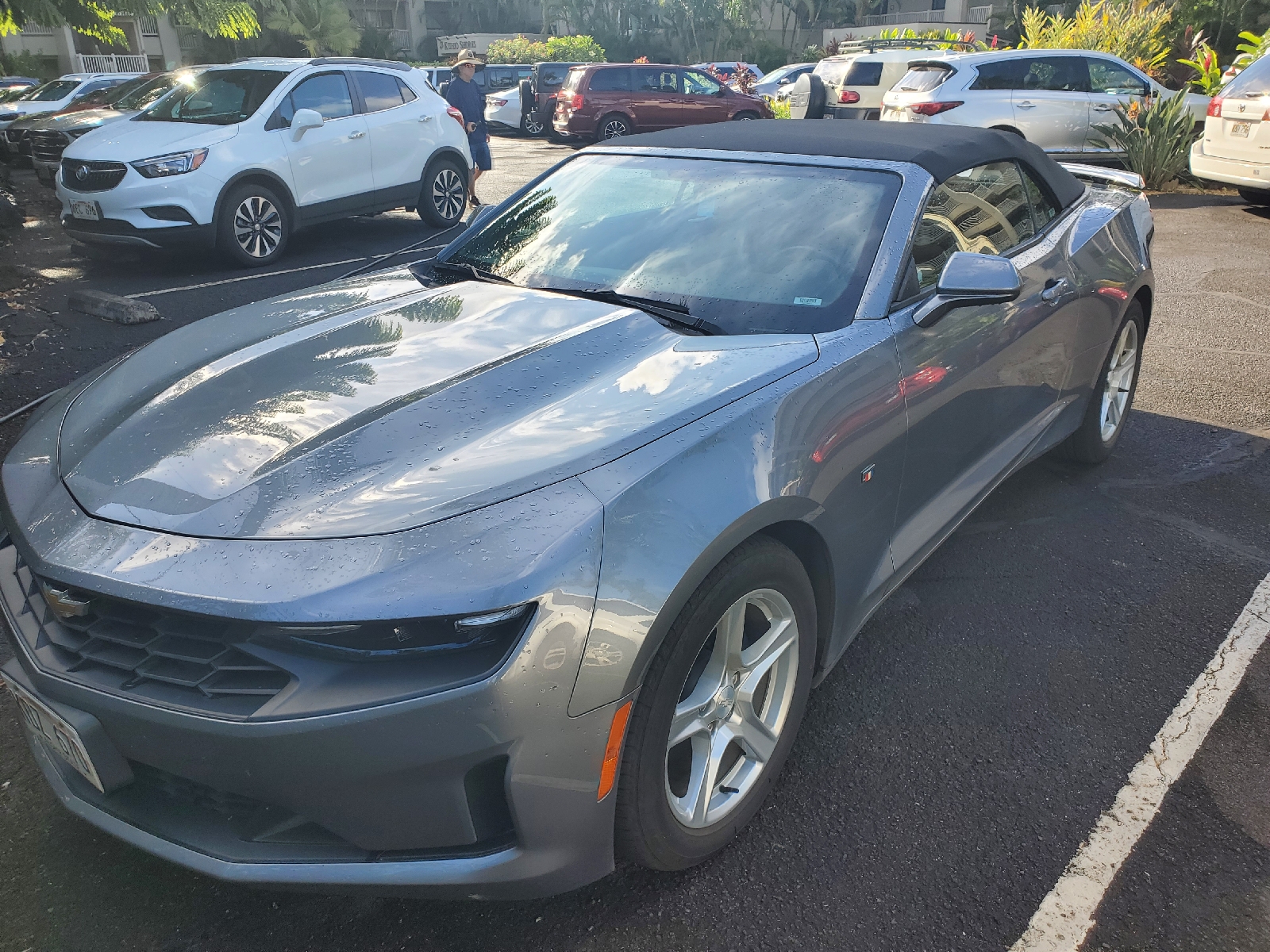During last month's World Series, People for the Ethical Treatment of Animals (PETA) made a good point and opened a can of worms (no offense to worms): In a press release, the animal rights organization argued that major league baseball should “strike out the word bullpen in favor of a more modern, animal-friendly term.”
PETA sys baseball should stop using the term "bullpen." It suggested "arm barn."
The press release went on to explain why: " 'Bullpen' refers to the area of a 'bull’s pen' where bulls are held before they are slaughtered — it’s a word with speciesist roots and we can do better than that."
Hmmm. Interesting. I don't want to be speciesist, so I contacted my best source in the animal kingdom. Scott Coyote is the grandson of Looney Toons legend Wile E. Coyote, longtime rival of Road Runner.
Scott has made a career out of representing the interests of animals – working for Acme Animal Rights.
"It's absolutely the right time for that term to be removed," Scott said from his office as he strapped a missile on his back as part of his effort to catch the grandson of his grandfather's rival. "We consider that the necessary first step."
"First step?" I asked. "You mean there are other words you want to eliminate?"
Scott howled in the way only coyotes can. "Baseball is filled with speciesist words," he said. "They need to be changed."
I asked for an example.
"You want one to start?" he yelped. "What position did Buster Posey play?"
"Catcher."
"Right. Catcher. Cat-sure. When you say the word, it sounds like cat-sure," Scott said. "It brings out the old stereotype of cats being sure-footed. Oh, they mostly are, but how many cats have been forced to land on their feet because someone watched a baseball game and heard cat-sure."
I told him that seemed a stretch.
"Oh, more cat stereotyping?" he said. "Stretch? Of course you'd say that."
I didn't want to keep pursuing that, so I asked him if there are other offensive terms.
"What sound do humans make when they try to sound like a chicken?" he asked.
"I don't know. Cluck?"
"No. Balk. Balk-balk-balk! That's what you say. And you use it for a pitcher in baseball making a mistake. More speciesist terminology."
This was getting a little out of hand. I told Scott that balk and catcher didn't seem like they were denigrating animals.
"That's because you're human. And sometimes, it's not about denigrating animals. Sometimes it's about elevating humanity at the expense of animals."
I asked what he meant. He asked me what we call the person in charge of the baseball team.
"The owner?"
"No. The person who runs the team."
"Oh. Manager."
"Exactly," Scott said. "Man-ager. Not Animal-ager. Man-ager. Because how could a non-human be smart enough to make all those decisions, right? Face it. Baseball is speciesist."
I told Scott it was unlikely that baseball would change all those traditional words. He pointed out that the former Cleveland Indians changed their name to the Guardians this year to avoid insulting people. Why couldn't baseball do the same for animals? And not just mammals, he said.
"Not just mammals?" What do you mean?" I asked
"What's the most common word in baseball?" Scott asked. "Fly. Fly ball. Pop fly. Infield fly. Fly out. Have you ever considered what those words – which almost always are a way a batter can make an out – do to the self-image of a house fly?"
Suddenly "arm barn" didn't seem so drastic.
Reach Brad Stanhope at bradstanhope@outlook.com.









